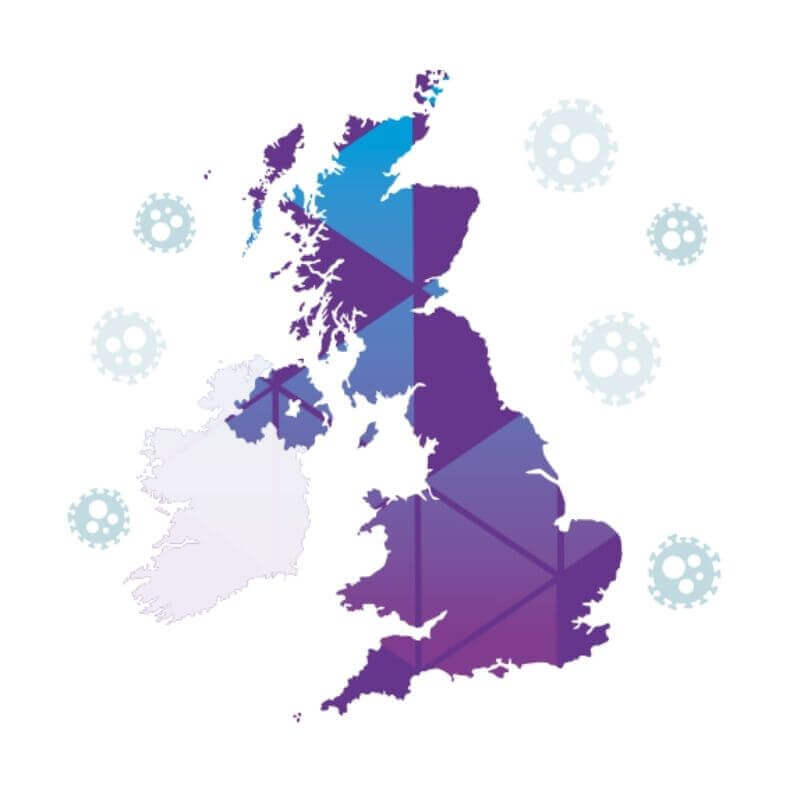
Nikki Bond, Senior Research Officer, Money and Mental Health
Money and mental health in a time of crisis
24 November 2021
PLEASE NOTE: This blog contains information on the subject of suicide that some people may find distressing.
Today we’re launching our latest report, ‘The state we’re in: money and mental health in a time of crisis’. This state-of-the-nation report provides a worrying snapshot of the financial circumstances of people with mental health problems across the UK today.
Of course, we’ve long known that mental health and money problems are intricately linked and that people with mental health problems are more likely to be in problem debt, but this report provides an updated picture of the scale of these links. It also shows how the pandemic has interacted with these issues and the devastating consequences for individuals and families.
Taking stock
Money and Mental Health was founded in 2016 with the aim of better understanding the harmful connections between mental health problems and financial difficulties and to break those links. Five years on, a lot has changed — from a national pandemic to changes in employment, the benefits system and the rise of new credit products. So we wanted to step back and take stock, to see how far we’ve come, and what still needs to change.
To do this, we commissioned national polling of 5,000 people with experience of mental health problems and 1,000 people without, to understand and compare the financial experiences between these groups.
Low savings and high debts
Millions of people have seen their income fall during the pandemic, due to furlough, wage drops or moves to Universal Credit. But for people with mental health problems, many of whom are already struggling with persistently low incomes or difficulties managing money, these income drops, and the knock-on impact on their ability to meet bills and debt repayments has had catastrophic consequences.
We found that one in four people with mental health problems had no savings to fall back on, which meant people had no safety net to see them through pandemic or for emergency expenses – such as the washing machine or car breaking down. Subsequently, during the pandemic, people with mental health problems were three times more likely to have fallen into serious debt on a range of essential payments, including council tax, water and energy costs – than those without mental health problems. Similarly, people with mental health problems were more than twice as likely to have relied on credit or borrowing to pay for essentials such as food or heating during the pandemic.
Debt and suicide
The impact of debt and mental health problems can be catastrophic, and for many, debts can feel overwhelming and insurmountable.
“I owe more than I could possibly earn and hope to ever pay back.” Expert by experience
We found that four in ten people with mental health problems who fell behind on payments during the pandemic considerred or attempted suicide. This amounts to two and a half million people in the UK.
“My financial situation was a direct contributor to my two suicide attempts. I could see no other way out. It was only after I discovered and spoke to StepChange that I saw some light at the end of the tunnel.” Expert by experience
The risk of people experiencing suicidal thoughts or attempts also increased with their level of debt. Over a third (35%) of people with debts between £1-£5,000 had considered or attempted suicide during the pandemic, and that rose to nearly six in ten people (58%) who had debts over £30,000. While we know the reasons behind suicide are complex and varied, findings on this scale cannot go unheard and intervening early to break the links between mental health problems and financial difficulties is absolutely crucial.
Playing our part - supporting people with debt and suicidality
Urgent action from essential services providers, the NHS and Government is required to stop the devastating cycle of debt and mental health problems which the pandemic has fuelled.
Fortunately, there are a multitude of organisations and touchpoints that can intervene to support people. In our report, we set out a series of recommendations to break the devastating link between mental health problems and problem debt.
- Banks, energy companies and other essential services providers – should proactively identify customers who may be struggling and improve the support they offer. This could include offering realistic repayment plans and freezing interest and charges and developing better processes for referring people with mental health problems to debt advice.
- GPs, A&E departments and community mental health services – should routinely ask people receiving treatment for mental health problems about their finances and integrate money advice in mental health settings so that healthcare professionals have clear referral pathways to support people to resolve financial issues.
- The government should prioritise tackling the links between debt, mental health problems and suicide in its pandemic recovery plans. – Addressing the link between financial difficulty and serious mental health problems should be at the heart of the pandemic recovery plans to give people a better chance of recovering from both.
Read the full report here.
